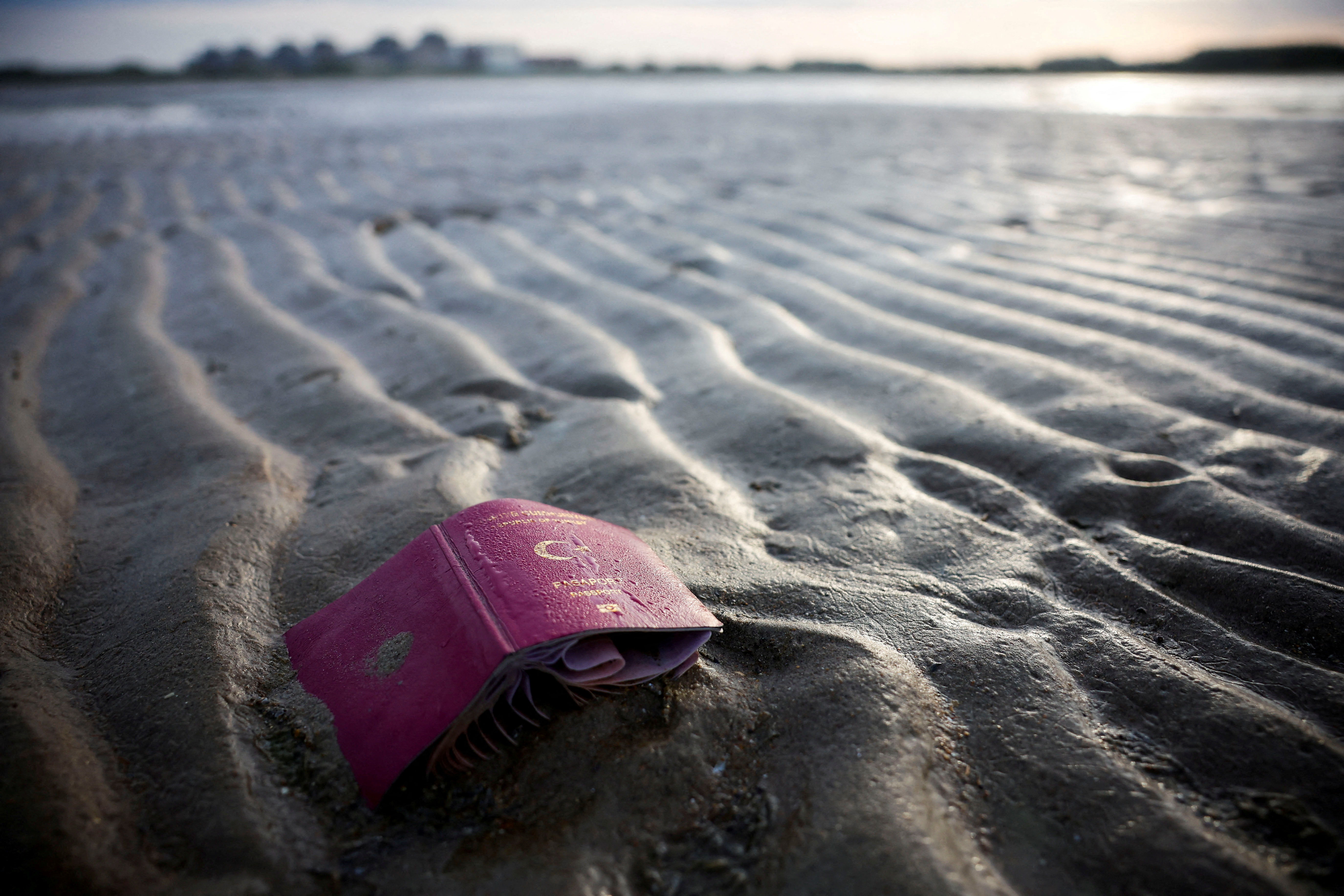The knife attack on toddlers in a French Alpine town, suspected to have been carried out by a Syrian refugee, has thrown a spotlight on President Emmanuel Macron’s struggles to find support for a new immigration bill in a fragmented parliament.
France was still in shock a day after four children – aged between 22 and 36 months – and two pensioners were stabbed in the tranquil lakeside town of Annecy.
The suspect in police custody is a 31-year-old Syrian national who was granted refugee status in Sweden 10 years ago and thanks to European free movement rules was legally in France where he had filed another asylum request.
French authorities rejected that request last week.
The case has exposed the tensions between Europe’s free movement rights and the pressure governments in countries like France, Germany and Italy are feeling from voters to toughen immigration laws as societies shift rightwards politically.
Macron’s government this year drafted new legislation that would have accelerated the expulsions of illegal migrants and fast-tracked applications of migrants working in parts of the economy with labour shortages.
But it was forced back to the drawing board after failing to strike a deal with the centre-right lawmakers it depends on for a working majority in parliament.
“We are swamped by asylum requests,” Marine Le Pen, the leader of the far-right who pushed Macron hard in last year’s presidential run-off vote, told Europe 1 radio.
Le Pen alleged that the suspect’s asylum claim should have been fastracked since he already had refugee status in another EU country.
Asylum expert Philippe Fontana urged caution, citing unknowns around the suspect’s circumstances.
“But this puts the spotlight on the asylum application process in France,” he added.
EU VS FRANCE
In 2022, France received the second-highest proportion of first-time asylum applications in the EU, with 16% of the EU total, after Germany’s 25%, according to EU data.
A Senate report showed only 7% of individuals handed an expulsion order following failed asylum bids left the country in the second half of 2022.
Le Pen blames the level of asylum requests on France’s compliance with EU rules. She wants a referendum on immigration that would give French law supremacy over European court decisions.
That position on overriding EU rules, once marginal inside the French political mainstream, has started to spread. Setting out their position on a new immigration law, the centre-right Les Republicains last month proposed breaking with EU rules when “the fundamental interests of the nation are at risk.”
An Elabe opinion poll shortly after showed some 70% of the French support the idea.
“Out of control mass immigration kills,” Olivier Marleix, a senior LR lawmakers tweeted after the Annecy attack. “Instead of lamenting every new crime, let’s put a stop to mass immigration!”
But such a proposition is unpalatable for Macron’s pro-EU government, which has focused its efforts on reforming asylum rules at the EU level.
Interior Minister Gerald Darmanin had to leave negotiations in Luxembourg to fly to Annecy just as his European counterparts sealed a historic deal to reform EU immigration rules.
The deal was criticised by Le Pen, who said demanding countries unwilling to take in people pay cash to peers hosting more than their share amounted to a “fine”.







Click here to change your cookie preferences